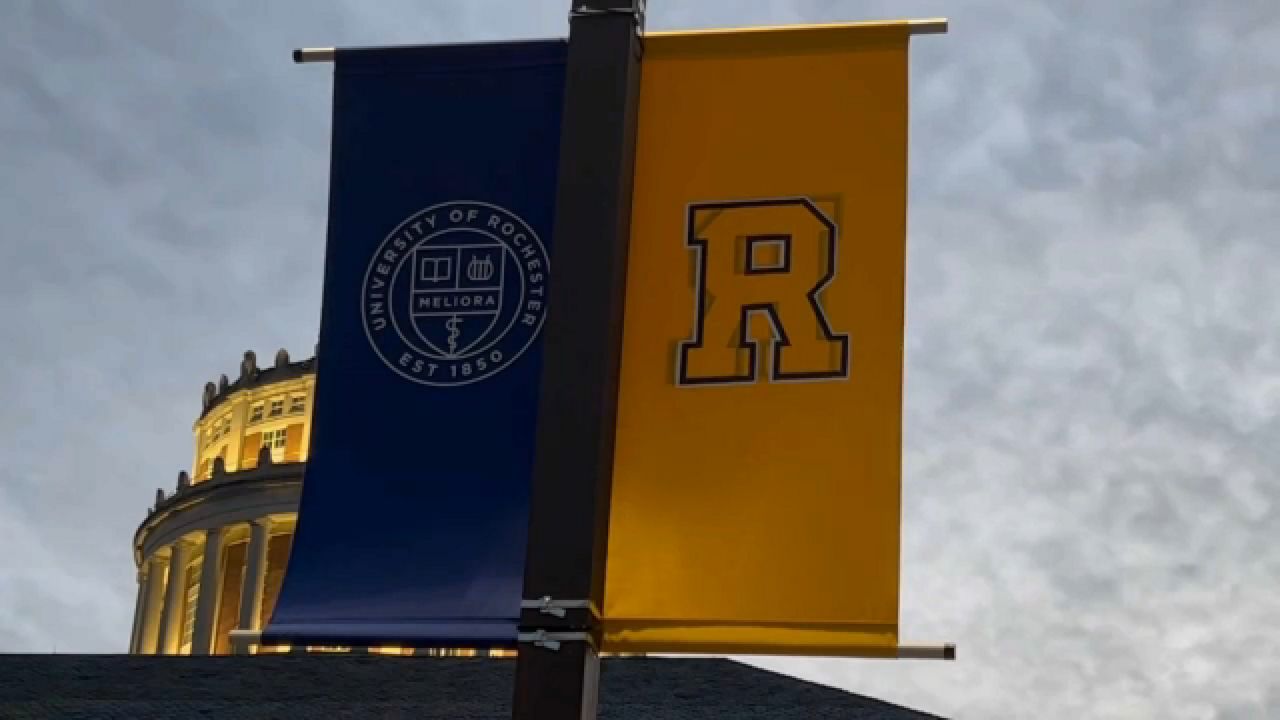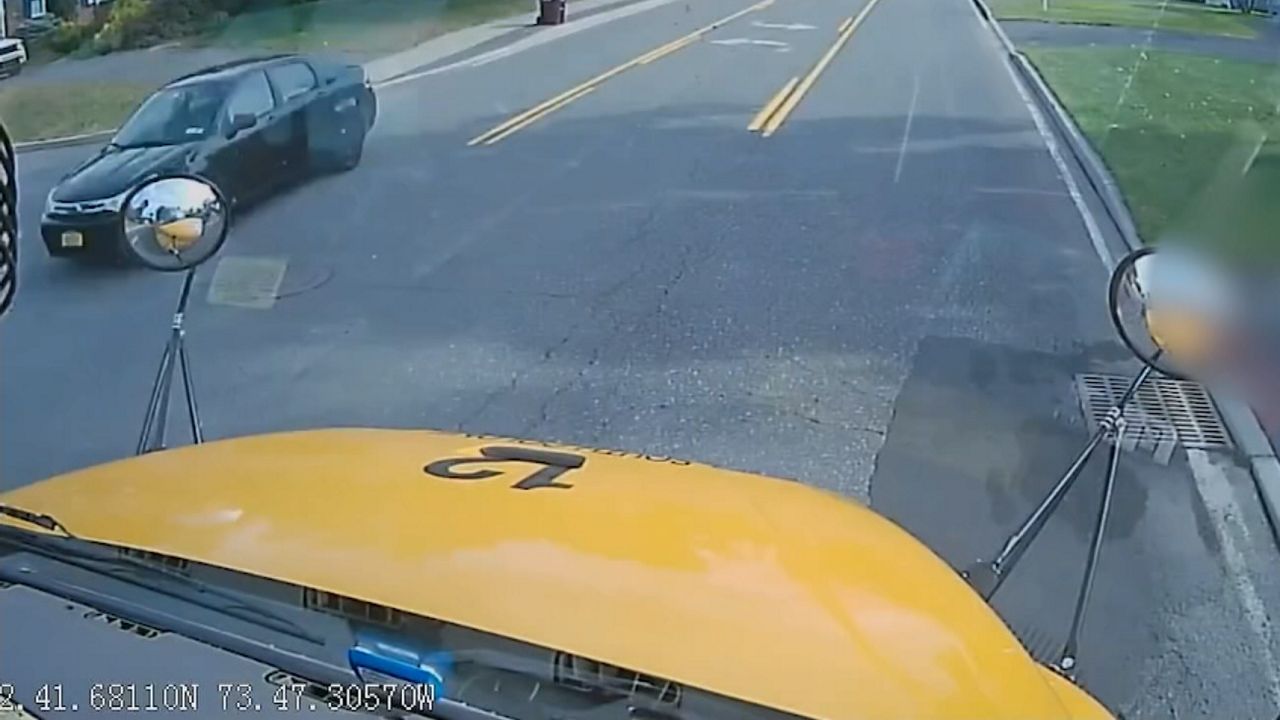ROCHESTER, N.Y. — There have been a lot of questions about how the grand jury process works, and why cases involving law enforcement rarely seem to end in indictment.
Spectrum News spoke with Stephen Sercu, a former prosecutor and defense attorney who now has a private practice.
He explains that it really all comes down to the evidence the grand jury was presented with.
Sercu says they have to look at reasonable cause, and, in law enforcement cases, a common part of the evidence includes the officers' training.
"If you're trained that it's okay to put somebody on their stomach, it's okay, right? Then, if that's what your training is, how can you hold that person accountable for consciously disregarding a substantial risk. Because the training itself is telling you you can do it so it's not a risk. If your training is telling you that you can do that, especially governmental training, then you're exonerated," Sercu said.
Sercu praised the Attorney General's push to have the grand jury minutes in the Daniel Prude investigation released, which a judge has agreed to do.
There is no word yet on exactly when those minutes will be released.










